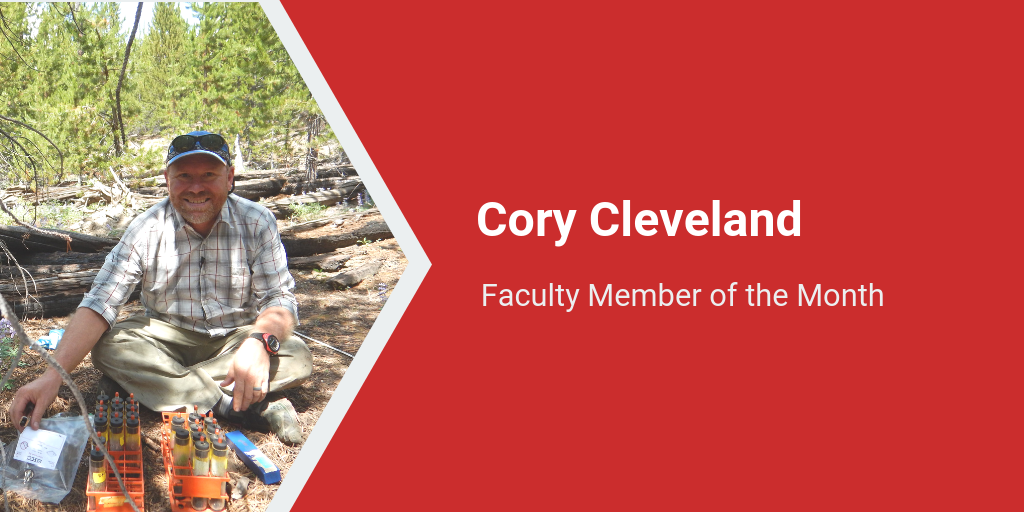How valuable is an iPad in the lab? And could it know when it was stolen? An F1000 poster takes a look.
When scientists behave like spammers.
Each week we welcome new Members to Faculty of 1000. We used to make the announcements on our Facebook page, but from now on we’ll be posting them here, usually on Mondays.
While we would like to congratulate Section Head in Innate Immunity Jules Hoffmann on sharing this year’s Nobel Prize for Medicine, we are also saddened to learn of the death of co-laureate Ralph Steinman. We hope that the Nobel Assembly will stand by their decision to award the prize to Steinman. Update: I’m happy to…
We’re a little bit rushed this gorgeously sunny Friday afternoon at F1000 HQ in London. We’re releasing our rankings to the world in beta form on Monday, and are still ironing out a few wrinkles. But with a bit of pixie dust and a following wind, it’s all going to be good. I have just…
F1000 Member Edvard Moser of the Norwegian University of Science and Technology, was also at the EMBO 2011 meeting in Vienna. He works on how the brain generates a “map” of space. Kathleen got him to tell us about the discovery of grid cells and the amazing things that happen when rats navigate a changing…
F1000 Section Head Brett Finlay gave a talk at the EMBO 2011 meeting in Vienna, on microbiota. Here he tells us why this new field is so exciting. read Faculty of 1000 because you’re going to get lots of interesting hits… (Edit: Brett even has an IMDB entry!)
A malaria researcher in Australia had to come to the UK to discover why her stem cell cultures wouldn’t grow—a supplier who refused to acknowledge a problem with their product.
Last Friday we highlighted an evaluation of a paper reporting that a lot of papers might need to be scrutinized because they used a reagent–catalase–from a particular supplier. The catalase was contaminated with a compound that affected the very thing being measured (vasodilation in the kidney). Via the magic of Twitter, we’ve learned that there…
This little guy, sometimes known as the ‘kissing bug’ (because it likes to eat your face), feeds off fresh blood and is responsible for spreading Trypanosoma cruzii–which causes Chagas disease. To this charming CV, Claudio Lazzari and colleagues at the Institut de Recherche sur la Biologie de l’Insecte in Tours have just added learning ability.…





